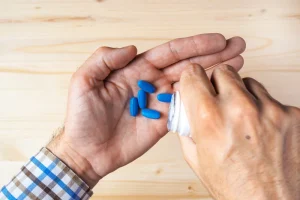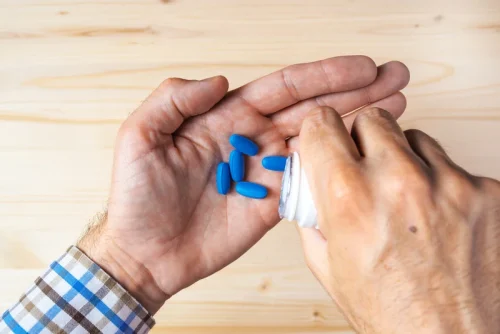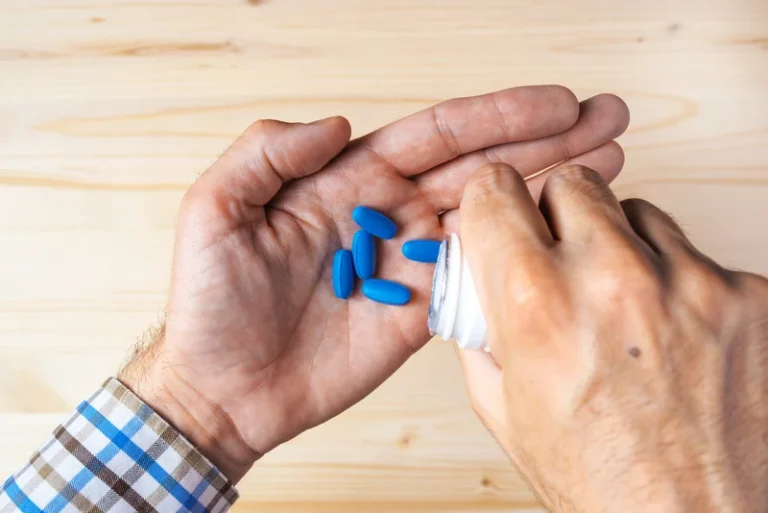For those prone to anxiety, alcohol can initially seem like a quick fix. However, it’s far from that, as the body metabolizes alcohol, it leads to withdrawal effects that can heighten feelings of anxiety. People frequently ask, “Does alcohol cause anxiety and depression? Alcohol has widespread effects on the body, many of which contribute to deteriorating mental health. Its impact on the liver, heart, immune system, and sleep cycles can exacerbate depression and alcohol addiction.
Alcohol, depression and anxiety
For example, some binge drinkers can transition into heavy drinking because the amount of alcohol just doesn’t cut it anymore. Moreover, since alcohol alters the chemistry in the brain, long-term alcohol use can be extremely difficult to stop. Going cold turkey may prove to be extremely difficult as alcohol withdrawal symptoms like cravings, nausea, vomiting, and hallucinations can encourage prolonged drinking. Because of the increased likelihood of depression and possibly poor self-esteem, someone can decide to cope with these emotions in an unhealthy manner. Loneliness and addiction go hand-in-hand for a large number of people suffering from a substance use disorder.
AUD Treatments Targeting Stress, Craving, and Loss of Control of Alcohol Intake

Furthermore, being alone can be seen as healthy as people can find being alone as way to disconnect from a stressful life. For example, perhaps you are at a park enjoying the scenery around you. Your mood may be peaceful and joyful; there is a sense of feeling complete despite being in solitude. Preliminary research supports Dry January’s benefits, from helping reduce people’s blood pressure, weight and insulin resistance to prompting them to reconsider their long-term relationship with alcohol. One study found that, six months after participating in Dry January, 40 percent of participants reported drinking less often and having fewer drinks, whereas 10 percent reported the opposite.
- In this cross-sectional study of the general population in China and Germany, the relationships among loneliness, self-esteem, self-efficacy, and problematic alcohol use were examined in distinct cultural contexts.
- As a result, you could drain your bank account, lose a job, or ruin a relationship.
- Understanding the effects of alcohol on the brain, body, and mental health is critical to recognising when professional support is needed and finding effective solutions.
- “When people are thinking about drinking, and if they choose to do so, it should be part of a healthy lifestyle,” Rimm says.
Treatment for Co-Occurring Depression and Alcohol Use Disorder

Alcohol also disrupts the colonies of microbes that live in your mouth, intestines, and gut, Bernstein explains, which can lead to overgrowth of “bad” bacteria. Booze can Sober living house also damage intestinal cells, allowing pathogens that are normally confined to the GI tract to travel throughout the bloodstream. These effects can result in inflammation-causing immune responses. The process creates what’s known as oxidative stress, or an imbalance between different types of molecules that results in inflammation.
- This January, as millions embrace Dry January, it’s an opportunity to reflect on not just our habits but the emotions they’re tied to.
- That misconception is rooted in a 1992 paper that found that moderate wine consumption protected French people against heart disease—even though their diet included plenty of meat, oil and butter.
- Therapy such as CBT can help you identify and change patterns of thought and behavior related to alcohol use and can help deal with depression and its symptoms.
It’s not uncommon to use alcohol to cope with difficult feelings and experiences. Alcohol can significantly impact the levels of neurotransmitters in your brain, making depression worse. Antidepressants can help even levels of these chemicals and can help relieve symptoms of depression. Your doctor will likely conduct a physical exam and a psychological evaluation.
Maroon: The Messiness of Drinking

As hangover symptoms begin to subside, the emotional effects may follow. One aspect of the research the author has conducted with the support of NIAAA, and which is the topic of this article, has focused on identifying the physiological and neural effects, as well as the subjective and cognitive effects, of binge and chronic alcohol use. This research also has explored the factors that influence these effects and investigated whether these effects can be reversed or normalized to allow for recovery from any of the long-term changes that occur with binge and chronic alcohol misuse.
- But some people’s enzymes work more slowly than others, which leaves them exposed to acetaldehyde and its toxic effects longer, Wakeman says.
- She says that alcohol itself is not terribly toxic, but the liver breaks it down into acetaldehyde, which damages DNA and plays a key role in cancer development.
- Here we look at ways to start addressing your relationship with alcohol.
- A separate survey published in the International Journal of Environmental Research and Public Health found that nearly half of people who reported increased drinking during the pandemic said stress was to blame.
- Drinking this much can reduce the feelings of being intoxicated until people seek more alcohol.
“You can’t change lonely with a bottle of wine”
And if you start drinking at an early age, your risk of alcohol use disorder is higher. Over time the regular consumption of alcohol as https://ecosoberhouse.com/ a temporary form of relief causes negative consequences. For healthy adults, the suggested moderate consumption of alcohol is three drinks a week.
Get the Lasting Support and Relief You Need
Addressing loneliness without involving alcohol is the best way to break this cycle. Taylor Swift’s lyrics hold up a mirror to the emotional complexities of drinking, reflecting how alcohol often marks moments of joy, pain, and escape. Her storytelling reminds us that behind every glass is a deeper narrative—one of love, longing, and sometimes loss. This January, as millions embrace Dry January, it’s an opportunity to reflect on not just our habits but the emotions they’re tied to. For those ready to rewrite their story, science is opening new doors to healing—turning champagne problems into hope. The subtle presence of alcohol speaks to how drinking becomes part of striving for acceptance, filling emotional voids.
- The liver processes alcohol, but heavy consumption can lead to conditions like fatty liver disease, alcoholic hepatitis, and cirrhosis.
- People frequently ask, “Does alcohol cause anxiety and depression?
- Increasingly, reports like these conclude there is no safe level of drinking.
- Her storytelling reminds us that behind every glass is a deeper narrative—one of love, longing, and sometimes loss.
- Taking action to manage negative emotions as you experience them can help keep them from getting too overwhelming.
- Instead, remind yourself you can do things differently next time.
Drinkchat
For some people, the loneliness might be because they no longer have the alcohol to push down their feelings or to act as a distraction. This can mean dealing with tough emotions, including loneliness. Alcohol is one of the most commonly used substances worldwide, with mental and physical health consequences constituting over 5% of the global burden of disease and injury (World Health Organization, 2018). Although treatment options for alcohol use disorder (AUD) exist, treatment access and efficacy are limited (Friedmann, 2013), indicating an urgent need for improved understanding of the underlying factors that drive problematic alcohol use. According to the 2021 National Survey on Drug Use and Health, 46.3 million people aged 12 or older had a substance use disorder (SUD) in the past year. Addiction and loneliness often co-occur; individuals with addiction often struggle to maintain social connections, and loneliness is does alcohol make depression worse a risk factor that drives the use of drugs and alcohol.